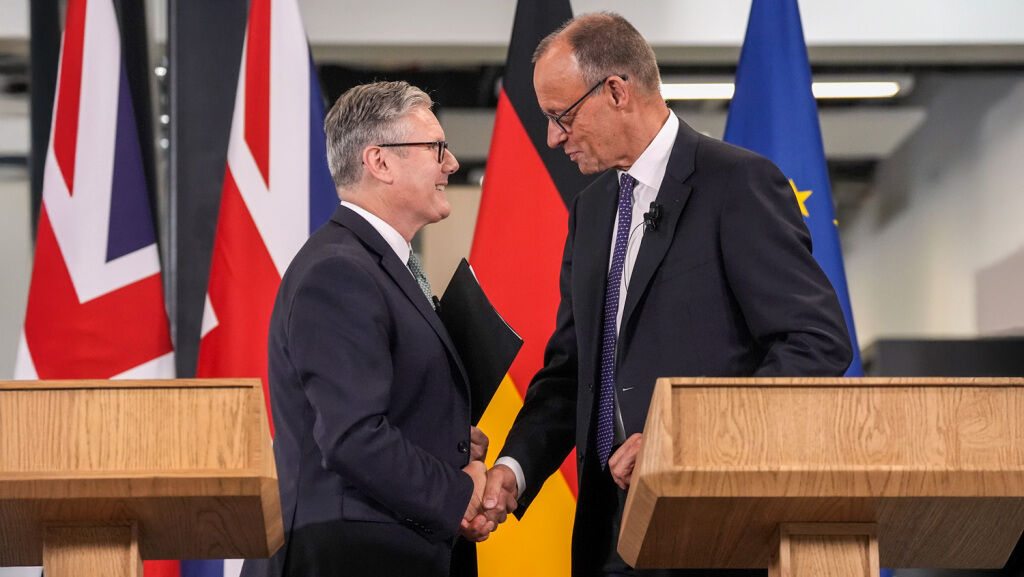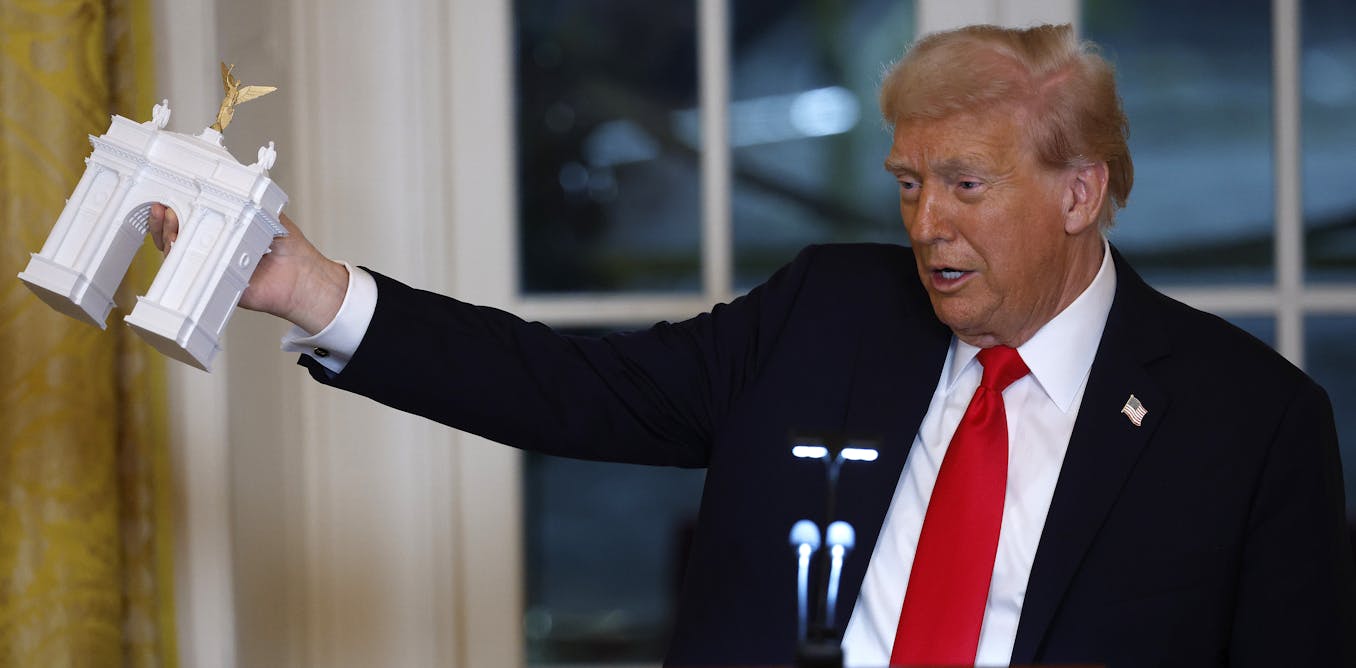
“This is a historic day for German-British relations,” German Chancellor Friedrich Merz declared during his inaugural visit to Britain since assuming office in May. The statement marked the signing of the first-ever friendship treaty between Germany and the United Kingdom, emphasizing military cooperation. British Prime Minister Keir Starmer hailed the agreement as “the first of its kind,” underscoring the current closeness of the two nations.
The treaty represents a significant post-Brexit shift, as Merz noted, “This is the first agreement between our respective countries after the Second World War. We never had one. We had you in the European Union and we thought this is enough, but as we are now learning, this is not enough.” The 2016 Brexit vote, which materialized in 2020, left a void that this treaty aims to fill, particularly in military and cultural collaboration.
Post-Brexit Realignment
The treaty aims to restore some of the connections lost due to Brexit. According to Bild, the agreement seeks to bring the UK closer to Germany, not just in security and economic policy but culturally as well. The treaty facilitates travel and enhances cooperation in addressing irregular migration, cross-border crime, and defense policies.
Perhaps most notably, the agreement includes a clause for mutual military assistance in the event of an armed attack. This is a bold move, considering both nations are NATO members, which already provides such guarantees. However, the clause signifies a commitment to bilateral security, even if NATO’s support falters.
Historical Context and Strategic Implications
Historically, the Allies, including Britain, committed to keeping Germany demilitarized post-World War II. NATO was partly established to prevent Germany’s military resurgence. Yet, this new treaty allows Germany to engage in independent military security agreements, a stark contrast to past policies. With the UK being a nuclear power, any aggression towards Germany could now potentially trigger a nuclear response from Britain.
Critics question the treaty’s value, given Britain’s historical reluctance to defend against German aggression during World War II. Nonetheless, the treaty outlines concrete collaborative steps, such as exchanging information on biosecurity and preparing against biological threats, areas where Germany has historical expertise.
Technological and Military Collaboration
The treaty sets forth 17 priority projects, including the development of a European deep precision strike weapons system and coordination on unmanned aerial systems. It also involves strategic partnerships in land systems and countering undersea threats, with German crews training on British P-8A aircraft.
Additionally, the agreement emphasizes developing cutting-edge technologies in quantum computing, artificial intelligence, semiconductors, and sustainable energy solutions. These initiatives make Germany integral to the UK’s military and economic security infrastructure.
Economic Dependencies and Biblical Prophecies
The 2024 Trinity House Agreement facilitated the establishment of a Rheinmetall artillery gun barrel factory in the UK and the opening of a German military start-up’s Resilience factory to enhance military AI capabilities. These developments highlight Britain’s growing dependence on German military companies.
Such alliances have biblical implications, as noted by Trumpet editor in chief Gerald Flurry, who cites prophecies in Hosea and Ezekiel regarding Britain’s reliance on Germany. Flurry argues that these events demonstrate a dangerous dependency that could lead to Britain’s downfall.
America’s inward focus due to economic and moral challenges has pushed Britain to seek alliances with its former World War II adversary, Germany. Flurry suggests that these developments are part of a divine lesson, leading to eventual divine intervention in global affairs.
As the UK and Germany embark on this new chapter, the treaty signifies a strategic realignment in response to shifting global dynamics, with potential implications for European security and international relations.






